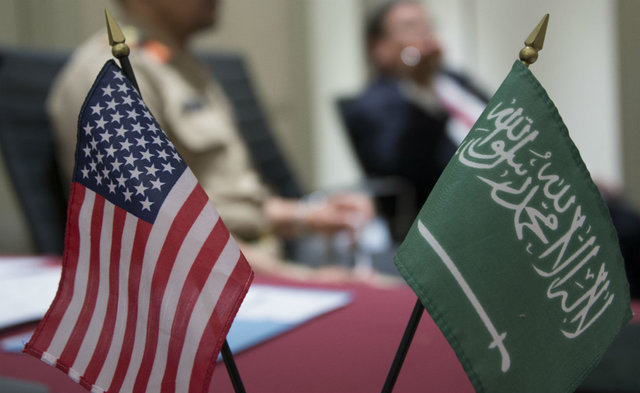In the power struggle within the royal family and the consolidation of regional status, the kingdom will need the US support. The United States seems to be seeking a balance between the US interests and the values it claims to represent in relation to Saudi Arabia; in other words, the United States will continue to advance its geostrategic interests, even if the future governments of the United States temporarily pay more attention to democracy and human rights. The Middle East has always been one of the challenges of the US foreign policy and is at the forefront of the geostrategic landscape; but in recent years, it has become clear that since Barack Obama began turning to Asia and saying that Asia is more important than the Middle East, the United States has sought to reduce its resources to the region; the policy that Trump also pursued, and now Biden has partially consolidated this policy with the withdrawal of the United States from Afghanistan; but the future of the relations between the United States and Saudi Arabia can be examined on the basis of the theory of realism and constructivism.
1- Realism view
From the point of view of realism, the United States seeks to preserve regional and international interests and maintain the alliance of the United States and Saudi Arabia. Saudi Arabia’s strategic position in the Middle East, its vast wealth, oil resources and position in the global energy market, its role in pushing for peace between the Palestinians and the Israelis are all factors that necessitate a strategic alliance with the country. The most important issue of the region in recent years has undoubtedly been Iran from the point of view of the United States; an issue that the United States and Saudi Arabia need each other to address. The issue of Iran is so important that, in fact, an important part of the United States’ relations with the Persian Gulf kingdoms, especially Saudi Arabia, is centered over the idea of restraining Iran.
But in terms of realism, what worries the US officials is proximity of Riyadh to Russia and China, at least on issues of vital importance to Washington. Meanwhile, the current Saudi Crown Prince Mohammed bin Salman wants to be recognized before anything else as the current ruler of Saudi Arabia and the future king of the country. However, it seems that Riyadh will continue to maintain its weight in the United States, and will remain as a key player despite the differences.
2- Social constructivism view
In recent years, the US presidents have made it clearer that the Saudi monarch must address human rights abuses in that country as a precondition for interaction with the United States. This view, which also has a special focus on the role of common culture and values, attaches great importance to issues related to human rights and adherence to values and its central role in the evaluation of international relations.
From the human rights perspective, it can be argued that Saudi Arabia’s interests are often at odds with those of the United States, as the two value systems rarely match with each other.
Despite regional cooperation between Riyadh and Washington, the Saudi government has never been able to respond to public opinion on the human rights, freedom of expression, and extremism (Saudi Wahhabism) that has aroused radicalism throughout the Middle East for years. Therefore, it can be expected that even if Saudi Arabia remains important for the interests of the United States in the region, this will not protect it from criticism, especially of human rights violations. It also underscores the contradictions that have long existed at the heart of US-Saudi relations, turning it into an alliance based on coercion and geopolitical interests rather than on the basis of values and interests.










0 Comments